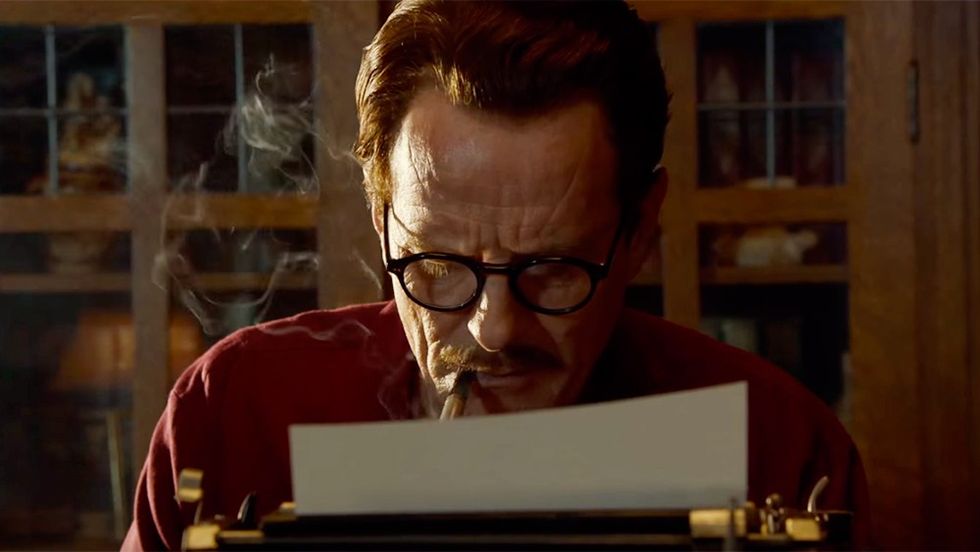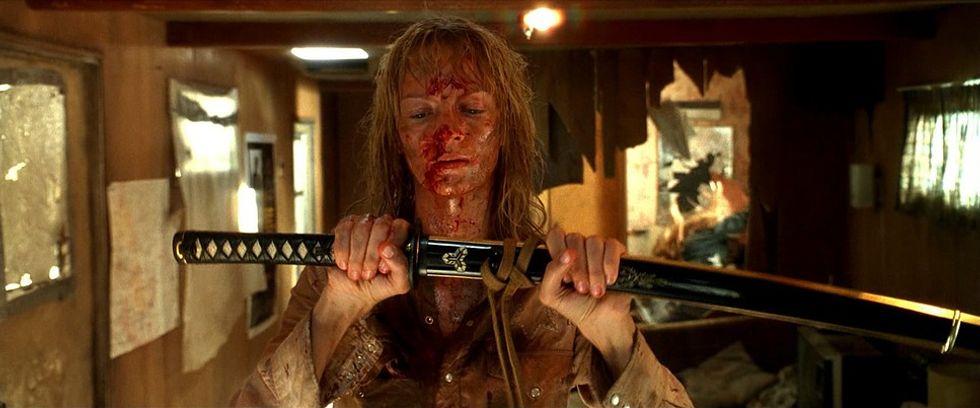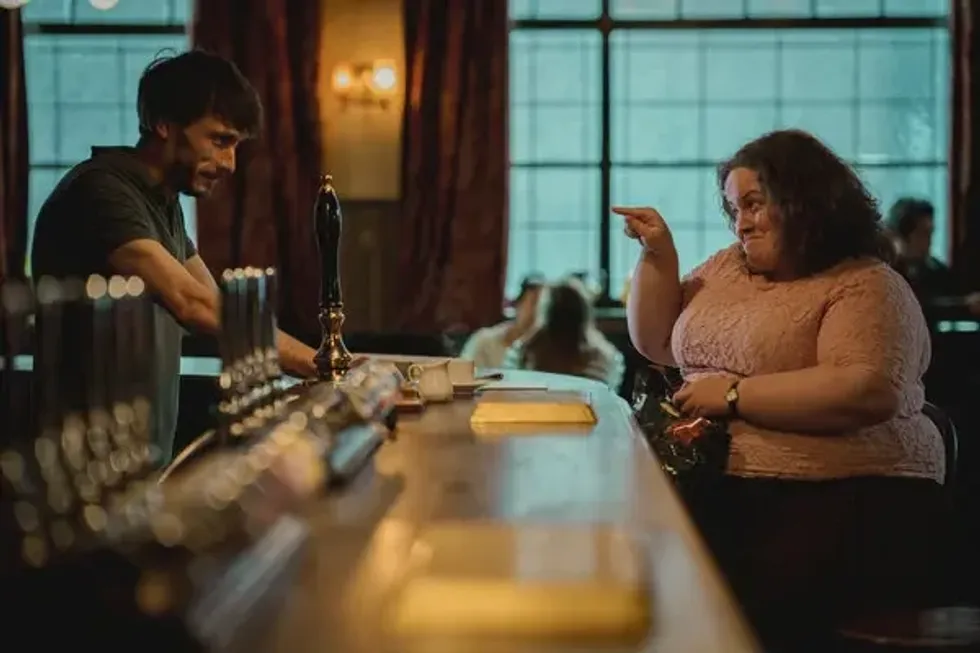How Did Phoebe Waller-Bridge Tackle Her James Bond Rewrite?
What kinds of writing did Phoebe Waller-Bridge do on the newest Bond flick?

I kind of hate writing these kinds of articles because I feel like they conflate the idea of rewrites and punch-ups being something that happens to troubled movies. But what they actually are is a natural part of the process to make scripts better and to help a movie out.
There are four credited writers on the new James Bond movie, No Time to Die, including Waller-Bridge, along with director Cary Joji Fukunaga, Neal Purvis, and Robert Wade. They're all working from the world built by author Ian Fleming.
Still, it is exciting having one of the best, if not the best, writer in film and television working behind the scenes on this story.
I want to go over some quotes she gave in an interview and look at how she was brought on, and why bringing a non-traditional perspective is important in any polish and rewrite scenario.
How Did Phoebe Waller-Bridge Tackle Her James Bond Rewrite?
If you're like me, you're incredibly excited about the new James Bond movie. I always get hyped for Bond, but knowing that my favorite writer over the last few years was brought in to punch-up scenes makes me froth at the mouth with anticipation.
So what was the process in bringing Waller-Bridge to the project?
Well, we know she and Daniel Craig are friends, so that helps a ton.
It gets your names on lists where it may not usually be and allows more producers to learn who you are and that people like working with you. So, make friends with actors!
Also, win a bunch of Emmys. That helps even more. Being a spectacular writer also helps.
Aside from those things, here's how Waller-Bridge describes the process of being contacted by the producer of the film, Barbara Brocolli. “I was in the edit for Fleabag...It was an afternoon, and I had the call that Barbara wanted to meet me. The strangest thing is, is that I’d really... I had been sort of dreaming about the idea of it only a few months beforehand. I was like, ‘Oh, wouldn’t it be cool to be involved in a Bond film’ to sort of just put that there in the ether. And then it just came around.”
So what did Waller-Bridge bring to the final draft?
In her words, “[I was asked to do] dialogue polishes and to offer things really,” she said, adding, “It’s about just offering different alternatives.”
We call that "writing alts"—they're basically interchangeable lines you can use in the edit. You do a bunch of different takes with the alts and then they choose which works best in the edit.

And that wasn't the only thing she worked on. “They did give me some scenes and then be like, can you write some alternatives for this or have another idea about where it could go in the middle or how it would end. And then I would just give them options and various scenes and then they would take what they want. But there was a lot people writing—the director [Cary Fukunaga] was a writer on it as well. And there’d been a few writers before."
I love Waller-Bridge's focus on collaboration here. She comes off like a consummate professional. And this kind of team spirit usually leads to the best version of a finished product.
So much of filmmaking is teamwork.
Even when you're brought in to work on things later, you have to find a way to not be fatalistic or pronounce yourself the hero. Just get in there, do the work, and make it better.
If you get a good reputation it will always lead to more work.
No Time to Die will release in the United Kingdom on April 2, followed by a stateside bow on April 10.
What's next? Tackle your own script rewrite!
We've all heard "all writing is rewriting" at some point in our lives, but what goes into rewriting your screenplay and how can you tackle it like a pro?
Keep reading...














